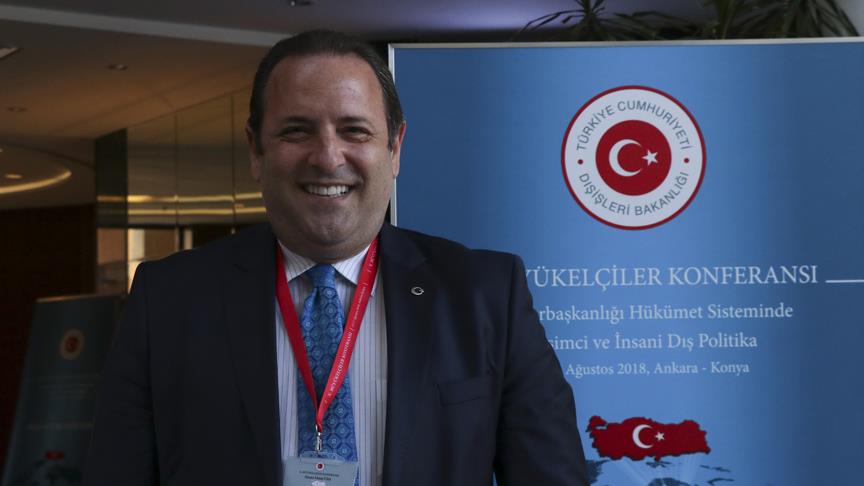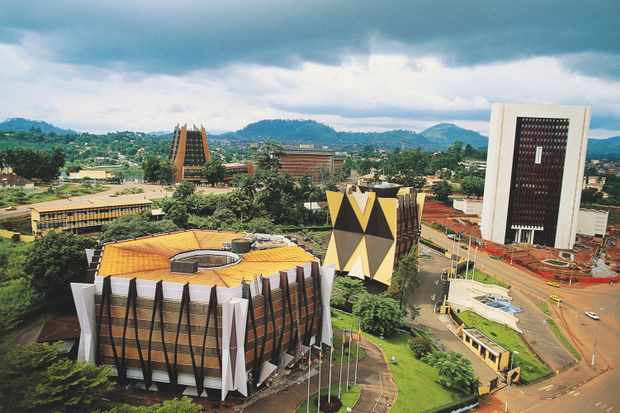Judicial documents have confirmed that critics of Turkish President Recep Tayyip Erdoğan who had been profiled by Turkish diplomats in Cameroon were included in a terrorism probe on fabricated charges by a Turkish prosecutor
According to a December 18, 2018 decision by prosecutor Adem Akıncı, the Ankara Chief Public Prosecutor’s Office launched a separate investigation (file no. 2018/43629 ) into four Turkish nationals who were listed in espionage files dispatched by Turkish diplomats in Cameroon without any concrete evidence of wrongdoing.
Akıncı, who led the investigation into the assassination of Russian Ambassador Andrei Karlov in December 2016, was accused of suppressing the evidence that the killer had links to various jihadist groups including al-Qaeda and was radicalized by several pro-government imams, including two who worked for the government religious authority, the Diyanet. Nordic Monitor previously reported that several suspects told the court that Akıncı had forced them to testify during interrogation that the assassination was directed by the Gülen movement. They were later jailed after declining the prosecutor’s request to testify to that in court.

The profiling files were conveyed to Ankara by Hüsnü Murat Ülkü, the Turkish ambassador in the Cameroonian capital of Yaoundé between 2015 and 2018. The judical documents once more confirmed that spying activities by Turkish diplomatic missions result in serious consequences in the Turkish judicial system.
Turkish diplomatic and consular missions around the world have collected information on Turkish nationals in line with a systematic spying campaign launched after a coup attempt in Turkey in July 2016, listed their names as if they were part of a terrorist organization and transmitted it to headquarters.
According to judicial documents released by the Ankara 4th High Criminal Court on January 16, 2019, the foreign ministry compiled a long list of foreign entities that were owned and/or operated by people who were seen as close to the Hizmet/Gülen movement, a group critical of the Turkish government, in 92 countries in the Americas, Europe, Asia and Oceania.
Moreover, Nordic Monitor revealed how MIT infiltrated refugee camps in Greece in order to spy on opponents who were forced to flee to Greece to escape an unprecedented crackdown in neighboring Turkey.
Judicial documents dated December 18, 2018 exposed how the spying activities of the Turkish Embassy in Yaoundé triggered a criminal investigation in Turkey. (The names and addresses of the Turkish nationals have been redacted for security reasons.):
Turkish diplomatic missions continue systematic spying on Turkish government critics on foreign soil as confirmed by Foreign Minister Mevlüt Çavuşoğlu in February, 2020. Çavuşoğlu said Turkish diplomats assigned to embassies and consulates have officially been instructed by the government to conduct such activities abroad. “If you look at the definition of a diplomat, it is clear. … Intelligence gathering is the duty of diplomats,” Çavuşoğlu told Turkish journalists on February 16, 2020 following the Munich Security Conference, adding, “Intelligence gathering and information collection are a fact.”












